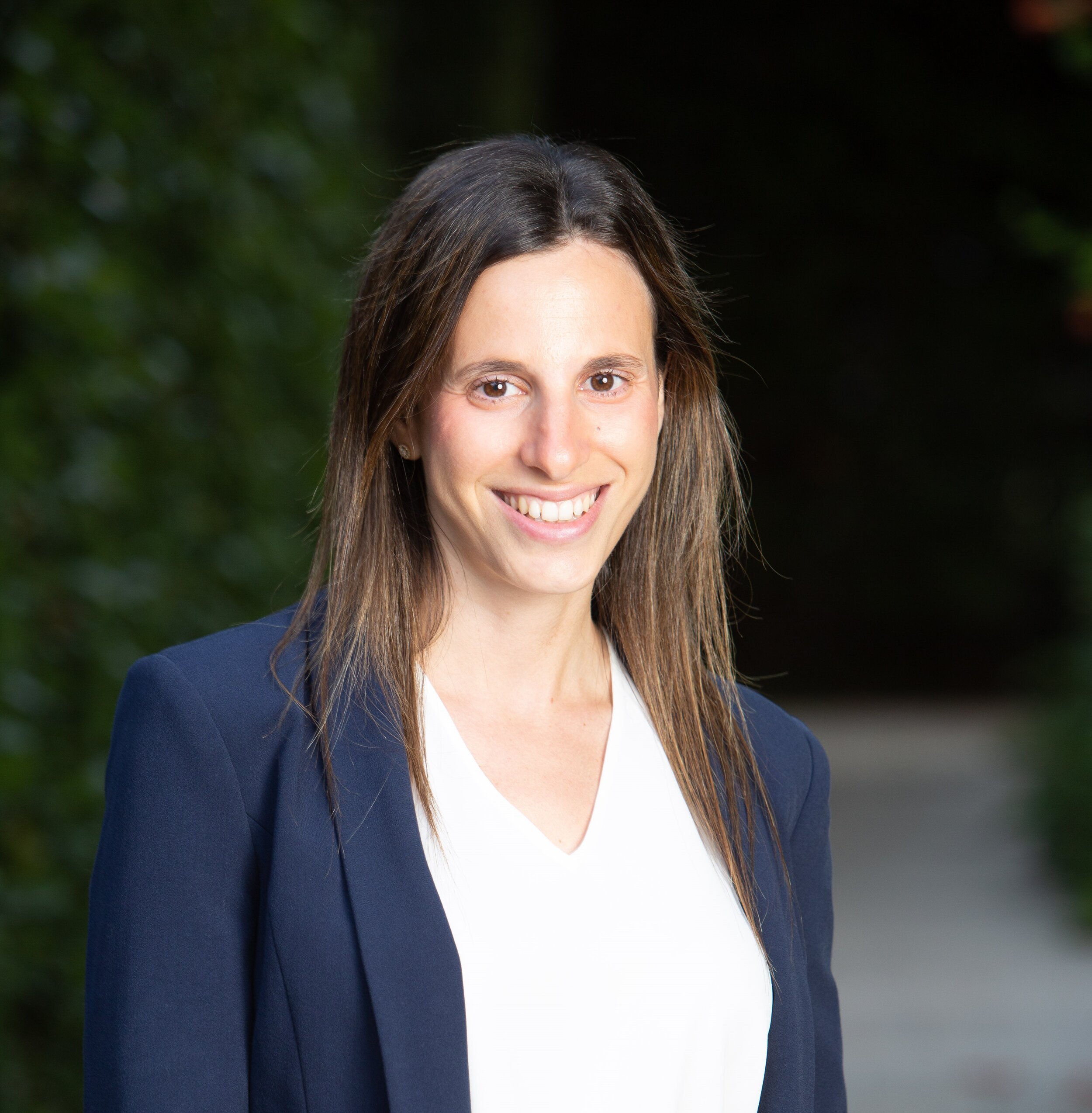Professor Susan Fiske's lab includes graduate students, visiting scholars,
and undergraduate students.
Professor Susan T. Fiske
Director
Susan T. Fiske is Emerita Eugene Higgins Professor of Psychology and Professor of Public Affairs, Princeton University (Ph.D., Harvard University; honorary doctorates: Université catholique de Louvain-la-Neuve, Belgium; Universiteit Leiden, Netherlands; Universitat Basel, Switzerland; Universidad de Granada, Spain).
Fiske publishes widely in social cognition. She has just finished another edition of Social Cognition (1984, 1991, 2008, 2013, 2017, 2025) on how people make sense of each other, along with the Sage Handbook of Social Cognition (2012, with Macrae) and the Sage Major Works in Social Cognition (2013). She published Social Cognition: Selected Work of Susan T. Fiske (2018).
With marketing consultant Chris Malone, she wrote The Human Brand: How We Relate to People, Products, and Companies (2013), which shows that our over-active intent-detectors make us assess corporations as if they are indeed people.
In the academic trade market, her book, Envy Up, Scorn Down: How Status Divides Us (2011, paperback 2012), sponsored by the Guggenheim and Russell Sage Foundations, is about how we compare ourselves all the time, and the problems this makes for us as individuals, partners, students, employees, and citizens.
As a social psychologist, she investigates emotional prejudices (pity, contempt, envy, and pride) at cultural, interpersonal, and neural levels, research previously funded by the Russell Sage Foundation (2008-2010), the National Science Foundation (1984-1986, 1995-1997), the National Institutes of Health (1986-1995), the Department of Justice (2013-2014) and the Templeton World Charities Foundation (2020-2024).
She has written more than 500 articles and chapters, as well as editing many books and journal special issues. Notably, she edits the Annual Review of Psychology (with Schacter) and the Handbook of Social Psychology (with Gilbert, Finkel, and Mendes, 6th ed.); both are expected to be Open Access in their respective upcoming editions. She also wrote an upper-level integrative text, Social Beings: A Core Motives Approach to Social Psychology (2004, 2010, 2014) and edited Beyond Common Sense: Psychological Science in the Courtroom (2008, with Borgida).
Besides editing the Annual Review of Psychology, she is on the Editorial Board of PNAS (Proceedings of the National Academy of Sciences of America). In 2014, as founding Editor, she launched Policy Insights from Behavioral and Brain Sciences, a new annual from FABBS (Federation of Associations in Behavioral and Brain Sciences).
Fiske’s work has had real-world impact. The U.S. Supreme Court in a 1989 landmark decision on gender bias cited her expert testimony in discrimination cases. In 1998, she also testified before President Clinton’s Race Initiative Advisory Board, and in 2001-03, she co-authored a National Academy of Science, National Research Council report on Methods for Measuring Discrimination. She chaired a 2014 NAS NRC report on IRBs in the social and behavioral sciences. In 2021, she chaired an NAS panel on the aging workforce and served on the Diversity, Equity, and Inclusion Summit planning committee. In 2023 she co-chaired a report on advancing anti-racism in STEMM. In 2004, she published a Science article explaining how ordinary people can torture enemy prisoners, through processes of prejudice and social influence.
In 2013, she was elected to the National Academy of Sciences. She has also won several scientific honors: the Guggenheim Fellowship, the APA Distinguished Scientific Contributions Award, the APS William James Fellow Award, the European Federation's Wundt-James Award, the Society for the Psychological Study of Social Issues Kurt Lewin Award, and the Society for Personality and Social Psychology Donald T. Campbell Award. In 2021, the BBVA foundation awarded Fiske the Frontiers of Knowledge Award for Social Cognition (1984). Due to her contributions in the field, Fiske’s biography is being highlighted in the 40 Women in Science, Engineering, and Medicine, Exhibit at National Academy of Sciences Building, she also has a dedicated women in science bench next to the Einstein statue outside the National Academy of Sciences Building. In 2019, Fiske became a finalist for the Association of American Publishers’ PROSE award for Best New Journal in the Social Sciences as the founding editor for Policy Insights from Behavior and Brain Science. In that same year, she was inducted into the Foundation for Personality and Social Psychology’s Heritage Wall of Fame. Previously, she won the American Psychological Association’s Early Career Award for Distinguished Contributions to Psychology in the Public Interest for anti-discrimination testimony and the Society for the Psychological Study of Social Issues’ Allport Intergroup Relations Award for ambivalent sexism theory (with Glick), as well as Harvard’s Graduate Centennial Medal. She has been elected to several Presidencies: Association for Psychological Science, Federation of Associations in Brain and Behavioral Sciences, Foundation for the Advancement of Behavioral and Brain Sciences, and Society for Personality and Social Psychology. She has also been elected Fellow of the American Academy of Political and Social Sciences, Corresponding Fellow of the British Academy, Fellow of the American Association for the Advancement of Science, Fellow of the American Philosophical Society, and Fellow of the American Academy of Arts and Sciences. Her graduate students conspired for her to win Princeton’s graduate mentoring award in 2009, and her international colleagues arranged for her to win the Mentoring Award from the Association for Psychological Science in 2016. In 2021, thanks to student and faculty nominators, she won the SPSP Nalini Ambady Mentoring Award. She is grateful to them and to all her generous colleagues for these recognitions that each in fact reflect collaborative work.
Her expert witness work has familiarized her with workplace discrimination in settings from shipyards and assembly lines to international investment firms, and she has served on diversity committees in several nonprofit settings, including Princeton’s Carl A. Fields Center. She grew up in Chicago’s Hyde Park (Obama’s neighborhood!), a stable, racially integrated community, and she still wonders why the rest of the world does not work that way. She now lives in Vermont with her sociologist husband Doug Massey, with treasured visits by daughter, stepdaughter, stepson, and his family.
Click to view Professor Fiske's Psychology Department page, Woodrow Wilson School page, and Amazon author page.
Collaborators
Orly Bareket
Orly is a postdoctoral research fellow visiting from Israel. She completed her Ph.D. in social psychology, as well as her M.A. in social psychology and B.A. in psychology and management with honors, at the School of Psychological Sciences at Tel Aviv University. She was awarded two prestigious postdoctoral fellowships by the Israel Science Foundation and the Yad Hanadiv Foundation (the Rothschild fellowship).
In her work, she identifies subtle behavioral processes that hinder gender equality and the associated personal and professional costs for those who engage in them. In one line of research, she examines helping relations as a seemingly prosocial mechanism through which men and women cooperatively reinforce traditional gender roles. In another line of research, she examines the social-psychological motivations to engage in sexual objectification, as well as the negative consequences of this behavior for both men and women. In her work with Prof. Fiske, she is interested in identifying psychological barriers impeding men’s interest and inclusion in communal roles, as well as testing interventions to reduce them.
Graduate Students
Primary Advisees
Xuechunzi Bai
Bai is a fourth-year graduate student coming from China. She obtained her Bachelor's degree in social science from the University of Tokyo in Japan. She worked as a research assistant in the Monteith Intergroup relations and inclusion laboratory at Purdue University and in the Fiske Lab at Princeton University before starting her Ph.D.
Bai’s current projects examine the origin and evolution of social stereotypes. She focuses on the interaction between individual cognition and environmental representations, from sociological, experimental, and computational perspectives. She is also in the joint degree program in Social Policy and certificate program in Statistics and Machine Learning.
Naomi Vaida
Naomi is a rising third year PhD student, hailing from Ireland and Romania. She obtained her B.A. in psychology from Trinity College, the University of Dublin in Ireland. Prior to her PhD, Naomi completed research in a variety of labs, including as an Amgen Scholar at the University of Cambridge. As an undergraduate, she was the recipient of some of Ireland's most prestigious awards including the Washington Ireland Program and the Iveagh Fellowship from the Department of Foreign Affairs.
Her research examines the socio-cognitive foundations of storytelling, aiming to provide a formal account of the way people use mental representations from available information to build and share structured narratives. Her work combines experimental design, computational modelling and social network analysis.
Secondary Advisees
Anjana Lakshmi
Anjana is a fifth-year graduate student at the University of Chicago. She obtained her Bachelor’s degree in Computer Science and Engineering from Anna University (Crescent Engineering College), India, and her Master of Science degree in Business Psychology from Heriot-Watt University, Dubai. She worked in the IT and Consulting industries prior to starting her Ph.D.
Anjana is interested in studying person perception and prejudice that is perceived or expressed implicitly, as well as the implicit transfer of stereotype content. Her current and future projects include face representations of social groups based on group membership as well as within-group status differences, and the implicit communication of stereotype content through hand gestures in communication.
Leon Mait
Leon is a third-year PhD student in Psychology. Before coming to Princeton, he received his Bachelor’s degree in sociology from the University of Maryland, College Park, and a Master’s degree in behavioral science from Radboud University in the Netherlands.
At Princeton, Leon is primarily advised by Stacey Sinclair and studies social class diversity, mainly in the higher education domain. His research focuses on attitudes toward diversity policies, and the academic and psychosocial effects of these policies on first-generation and/or low-income students. His work with Dr. Fiske examines anxiety surrounding upper-class advantages and the behavioral consequences thereof. He is also in the joint degree program in Psychology and Social Policy.
Undergraduate Students
Senior Thesis 2015-2016 (sabbatical year):
Malena de la Fuenta: Intergroup Bias along Multiple Dimensions
Senior Theses 2014-2015:
Allison Evans: Assessing Threat to Students' Academic Performance
Brie Gilbert: Impressions of Strangers with Mental Illness
Alvina Jiao: Exploring Selection Behavior and Intragroup Perceptions Among Asian American Students
Sarah Liang: Either Here or There: Perceptions of Polycultural People
Lina Saud: Opinions about Muslim Social Groups
Pamela Soffer: The Mobile Dating Era: Relationship Goals and Expectations
Senior Theses 2013-2014:
Shiro Kuriwaki: Exchange, Private, and Communal Framing of Pensions: Mental Models and Beneficiary Perception Drive Pension Policy Endorsement
Adam Mastronianni: DANGER, JOKING HAZARD: Humor, Norms, and Impression Management
Kevin McKee: Part of the Problem, or Part of the Solution? Attributions of Responsibility and Decisions to Help Drug Addicts
David Munguia Gomez: Their Sincerity, Not My Certainty: Effect of Visual Transparency on Perceived Truthfulness
Obianuju Obioha: Doctor or Dishwasher? The Intersection of Class and Race in Implicit and Explicit Attitudes toward Black American
Senior Theses 2012-2013:
Elizabeth Cai: Ethnic Identity and Perception of Asian American Stereotypes in Chinese American Children
Olubanke Martins: The Effects of Narrative Persuasion on Civic-Mindedness
Nana Yaa Nimo: Socioeconomic Indicators of Benevolent Sexism Endorsement: A Global and Statewide Analysis
Senior Theses 2011-2012:
Catherine Bachur: Ethnic Role-Congruency with an Environment Determines Perceived Competence
Sara Chehrehsa: Crimes, Criminals, and Stereotypes: Perceptions of Warmth and Competence
Jennifer Wu: Blaming the Victim: An fMRI Study on How Perceptions of Fault Influence Empathy for People with Disabilities






